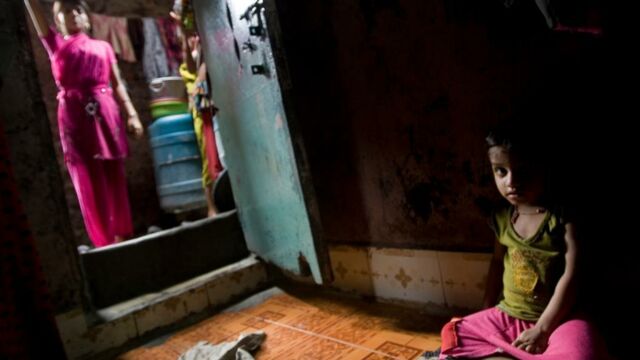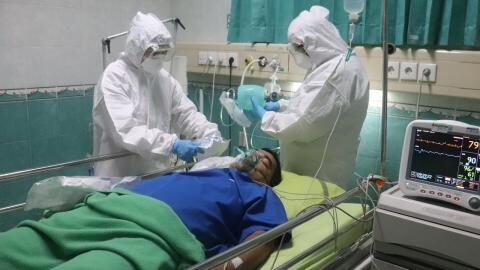In the midst of a heat wave, cholera is making a comeback. In Pakistan, thousands of people have been infected because of contaminated water. Temperatures of over 50 degrees do not help.
Discover our latest podcast
2,000 infected and 6 dead in Pakistan
Temperatures in parts of Pakistan and India have reached record levels in recent weeks, putting the lives of millions at risk, according to CNN. The first cases of cholera were identified in Pir Koh, a remote mountain town in Balochistan province, on 17 April.
Since then, more than 2,000 people have been infected and six have died, according to Dr Ahmed Baloch. Drought and water shortages mean that people are forced to drink dirty water and spread the disease even more quickly.
Pakistani Prime Minister Shehbaz Sharif has ordered 'emergency relief measures' to control the outbreak. The army has also been called in to provide mobile water tanks. Medical camps to treat the sick have been set up.
What is cholera?
The disease is known to everyone by the phrase 'That's like choosing between the plague and cholera' but do you really know what it is?
According to the NHS:
Cholera is an infection that can cause severe diarrhoea. It's not found in the UK, but there's a very small risk of getting it while travelling in some parts of the world.
The symptoms of cholera are severe, and include, according to the CDC:
- Profuse watery diarrhea, sometimes described as “rice-water stools”
- Vomiting
- Thirst
- Leg cramps
- Restlessness or irritability
It can also cause severe dehydration, which can lead to kidney failure. Highly contagious, it is transmitted by drinking unclean water, eating food (particularly shellfish) that's been in unclean water, and eating food that's been handled by an infected person.
This article has been translated from Oh!MyMag FR.
Read more:
⋙ There has been a new outbreak of this deadly infectious disease
⋙ Scarlet fever: The once deadly 19th-century disease is making a come back
⋙ Tuberculosis: This disease from the past could be making a comeback due to COVID















